Aegean exporters believe that the Border Carbon Tax Regulation Mechanism will be a strong incentive for Turkish industrialists to adopt cleaner production methods and become more competitive in the EU market.
The world's leading and most comprehensive environmental and carbon markets conference, Carbon Forward brought together climate and sustainability stakeholders in Izmir, Türkiye for the first time.
Carbon Forward will hold its conferences in four different cities in 2024: Singapore, Izmir, London and Toronto.
Jak Eskinazi, Coordinator President of the Aegean Exporters' Associations, explained the challenges and opportunities of the Carbon Border Tax Mechanism for Turkish exporters at the Carbon Forward Türkiye Conference.
Jak Eskinazi, Coordinator President of Aegean Exporters' Associations, said: "Our members come from a wide range of sectors such as ferrous and non-ferrous metals, textiles, ready-to-wear clothing, leather products, natural stone, food products, agriculture and furniture. The European Continent, Türkiye's largest export and import partner, has a 48 percent share in our total exports and we have 109 billion dollars of exports. We also realize about 25 percent of our imports from the EU. The most important for exporters in the European Union Green Deal process is the Eco-Label, Digital Product Passport and Carbon Border Adjustment (CBAM)."
The Carbon Border Adjustment Mechanism needs to support all sectors in need of urgent transformation
President Eskinazi stated, "Starting from the carbon-intensive sectors that need urgent transformation covered by the Border Carbon Tax Mechanism, all sectors with a high share in our trade with the EU, such as iron and steel, aluminum, electricity, cement, textiles, should be supported. We all recognize the importance of tackling climate change. However, we believe that a balanced approach is crucial to promote environmental progress while enhancing the competitiveness of Türkiye's exports in the global market. The upcoming Carbon Border Adjustment Mechanism (CBAM) certainly raises some concerns for our members. One of the biggest concerns is the potential for increased costs."
Explaining that within the scope of CBAM, it is possible that Türkiye's exports may become more expensive compared to goods produced in the EU by applying carbon costs, Eskinazi continued his words as follows:
"This would significantly disadvantage our businesses, especially in sectors with larger carbon footprints. The additional cost burden could erode profit margins and ultimately lead to the loss of market share to competitors. Another area of concern is the administrative burden associated with CBAM. Complying with the reporting and verification requirements of the mechanism can be complex and time consuming. This is especially true for small businesses that are our members and do not have the staff or resources to efficiently carry out the process."
Chairman Eskinazi said that administrative burden can become a significant barrier to trade and prevent small businesses from effectively participating in the EU market.
"These challenges raised by CBAM can have a ripple effect, like a stone thrown into the water. If Türkiye's exports become less competitive due to increased costs and administrative burdens, we could see a shift of trade away from Türkiye. This may lead to reduced export volumes for the affected sectors, affecting employment and overall economic growth in the country. However, there is also a potential benefit to consider. CBAM can be a strong incentive for Turkish industries to adopt cleaner production methods. To remain competitive in the EU market under CBAM, businesses can be encouraged to invest in new technologies and processes that reduce their carbon footprint."
Renewables, hydrogen and pipelines are the most important areas to connect Türkiye to the EU
Explaining that this transition towards cleaner production will not only benefit the environment but will also increase the long-term sustainability of Turkish exports, Jak Eskinazi said that Türkiye's recent decision to establish its own Emissions Trading System (ETS) is a positive development in this context.
"Europe, Japan, the US and China are important players in clean technologies. In 2023, China increased its existing renewable energy capacity by almost 80 percent. In terms of price advantage, sustainability, production quality, efficiency, reliability, ability to produce value-added products, design power, flexibility, rapid adaptation and market proximity for European countries, Türkiye is among the most important suppliers in the world. While the North Sea and the Baltic are Europe's wind-based renewable energy hub, the Mediterranean is on its way to becoming Europe's solar-based renewable energy hub and later green hydrogen hub. Renewable energy, hydrogen and pipelines could be the most important areas to connect Europe to Türkiye in the coming period. The world is currently undergoing an energy transformation, supported by the development and deployment of new clean energy technologies. Türkiye deserves to be at the heart and center of this new industrial revolution."


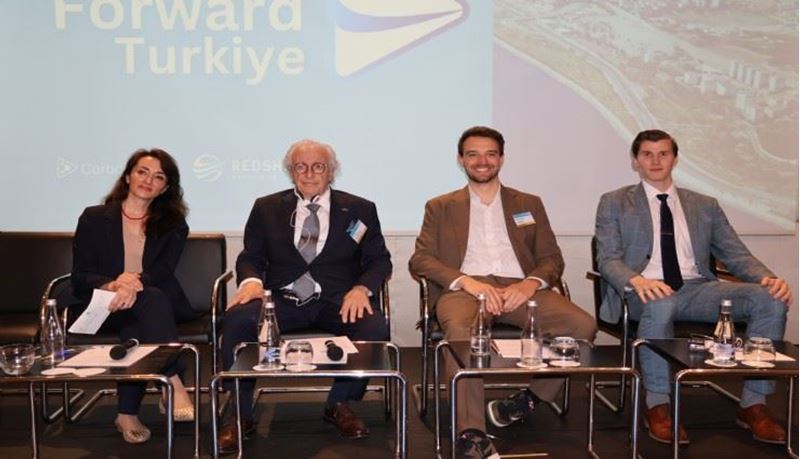

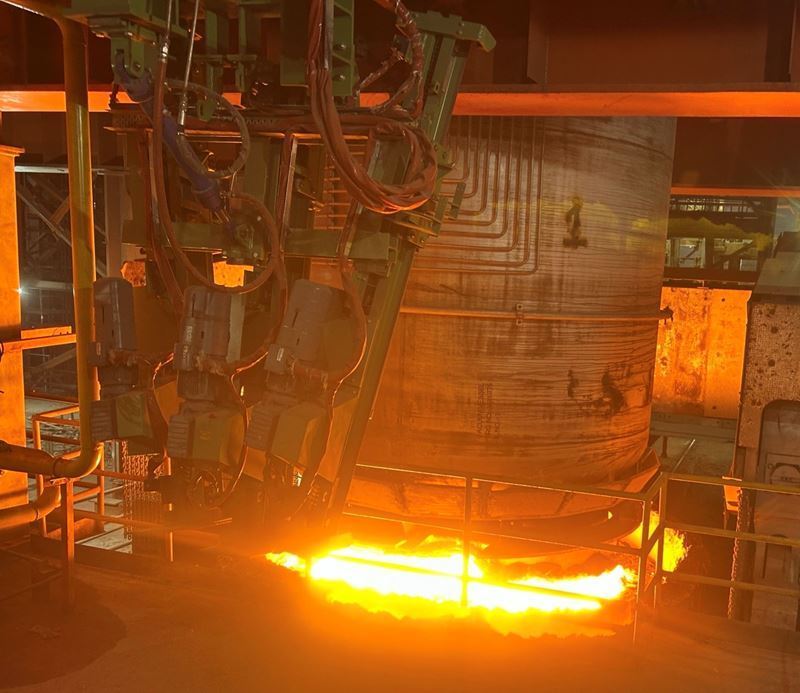
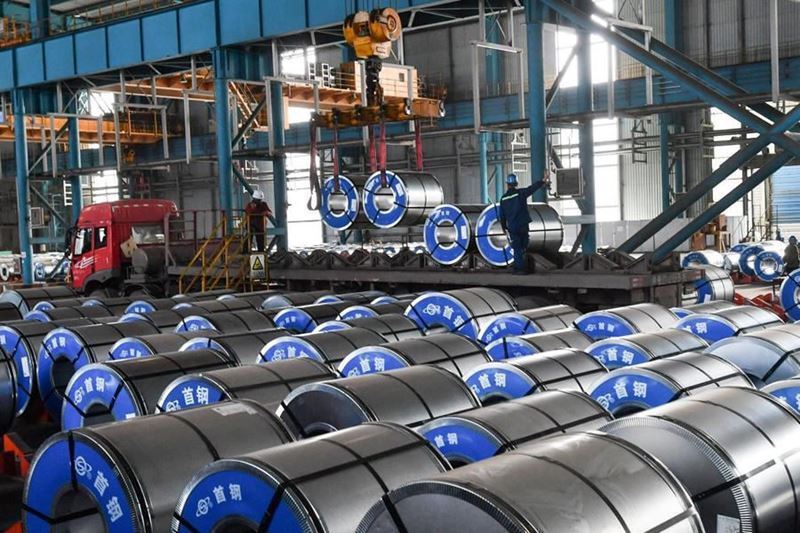
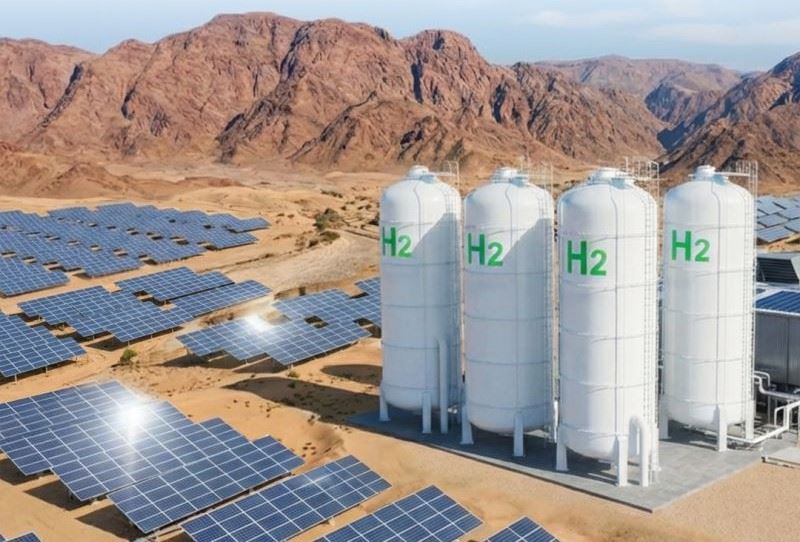
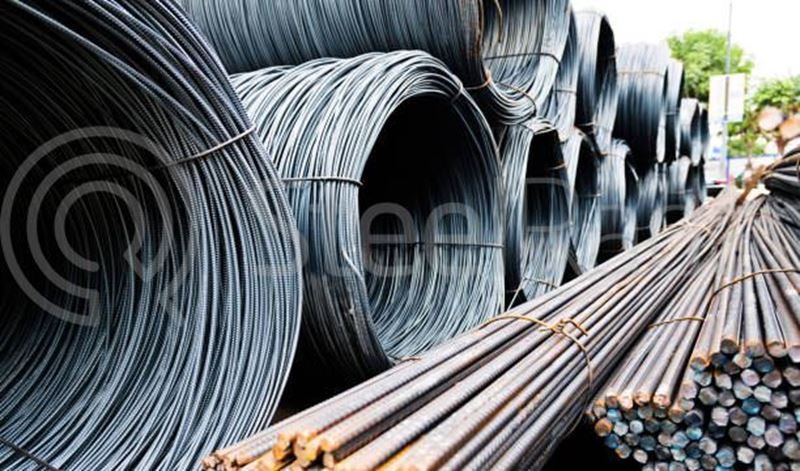

Comments
No comment yet.